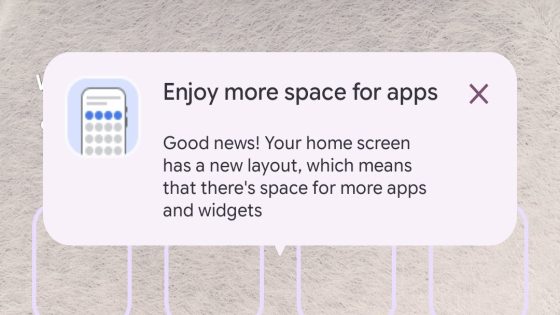The tech world is buzzing with the recent shutdown of Skype, a service that once revolutionized communication. Microsoft officially pulled the plug on this iconic platform on May 5, 2025, marking the end of an era in global connectivity.
- Skype's innovative all-in-one communication system
- Microsoft shifted focus to Teams and business apps
- Peer-to-peer technology became a liability
- Skype's decline amid competition from Zoom
- Need for a new communication layer online
- Nostalgia for Skype's unique features and impact
Skype’s journey began in 2003 when it introduced a groundbreaking way to connect people worldwide. Yet, as technology evolved, so did user preferences, leaving Skype behind in a competitive landscape filled with advanced alternatives.
As Skype fades into history, one might wonder: what does this mean for the future of communication? The decline of Skype raises critical questions about the sustainability of standalone messaging apps. Will users continue to juggle multiple platforms, or will a new solution emerge to unify communication?
- Skype’s unique peer-to-peer technology became outdated, impacting its relevance.
- Microsoft’s focus shifted to corporate solutions, sidelining consumer needs.
- Alternative platforms like Zoom and Teams now dominate the market.
- The need for a universal communication layer remains unfulfilled.
As we look ahead, the tech community must prioritize creating a new communication layer that transcends current platforms. Will the next big thing in communication finally emerge?
































